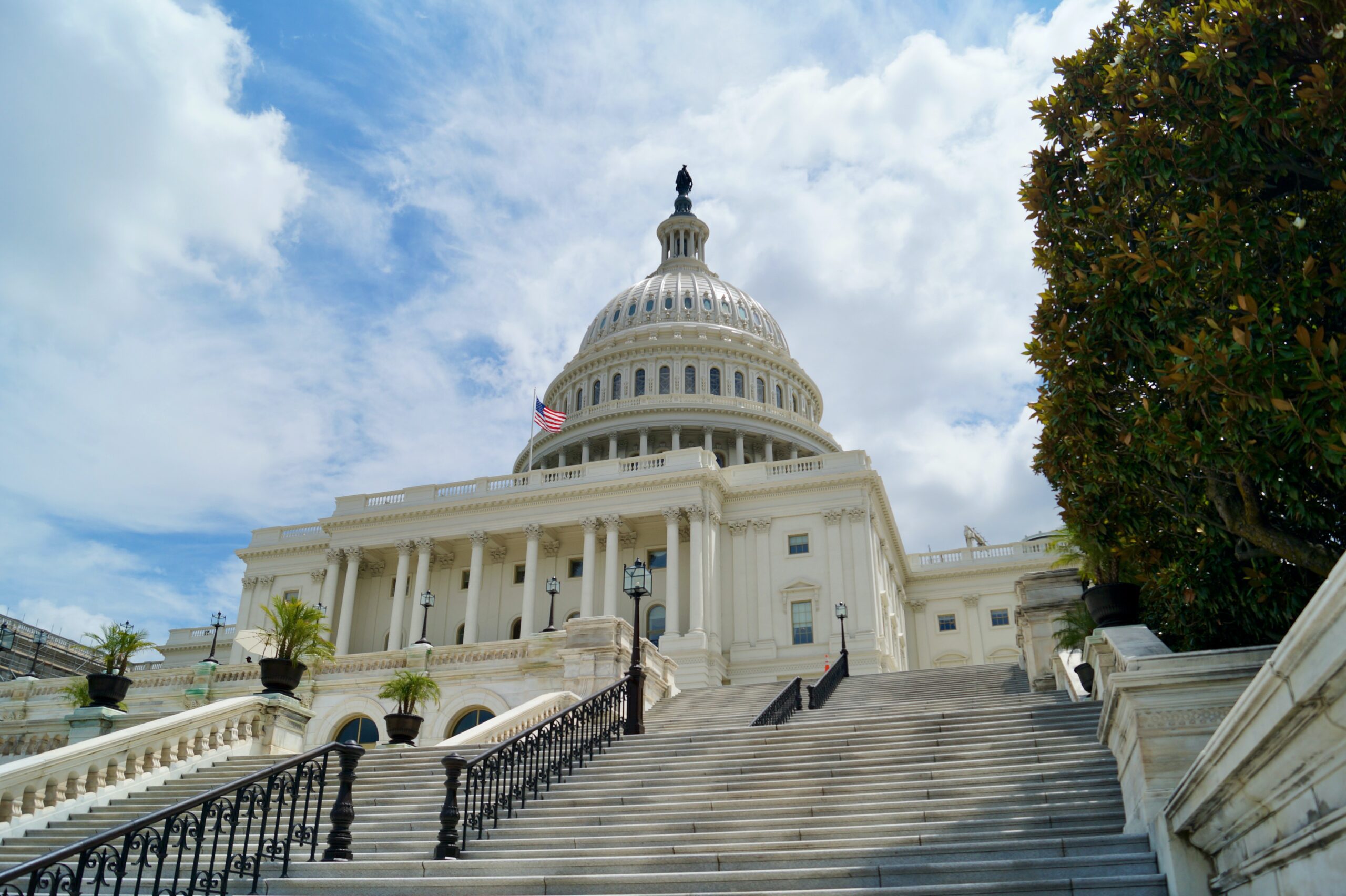
As a business owner, you need to be up-to-date on all the latest economic policy changes. Why? Because these laws can have a direct impact on your business.
For example, recent changes to taxation law may mean that you have to pay more taxes. Or, new environmental regulations could mean that you have to make changes to the way you operate. Either way, it’s important to understand how these policy changes can affect your business.
What is economic policy and how can it impact your businesses
Economic policy is the set of governmental principles and guidelines that exist to govern economic activity. This includes things such as tax rate changes, investment plans, and regulations or laws about imports or exports.
It’s important for businesses to understand how economic policy can impact them – both directly and indirectly – and take advantage of any opportunities it might offer. For instance, changes in taxes could create more favorable terms for businesses by encouraging greater domestic production and new hiring, which could lead to increased profits.
To make sure you remain one step ahead of your competitors, be proactive and stay informed about governmental initiatives so you can plan accordingly.
Understand the different types of economic policy
It’s important to understand the different types of economic policy and how they work together. Economic policies can generally be divided into fiscal, monetary, international trade, and industrial policies.
- Fiscal policies are ways that governments raise revenue such as taxation, subsidies, tariffs, and public debt management.
- Monetary policies involve issuing currency, setting interest rates, and controlling the supply of money.
- Trade policies affect imports and exports with other countries.
- Industrial policies can involve state ownership of industries or encouraging private-sector development.
All these different types of economic policy act together in a complex system to create a country’s economy. Understanding each type will help you to get a clearer picture of how it all works and how it may impact your bottom line.
What are some recent changes in economic policy and their potential implications for businesses?
Over the last decade, there have been significant shifts in economic policy that could have major implications for businesses. From the federal reserve interest rate increases to a tighter labor market, there are no shortages of things that impacted your business.
For example, there was increased investment in skill building and infrastructure, as well as fiscal policies that rely more heavily on taxation to address inequality and fund initiatives. These federal government policies aim to help support robust economic growth, create jobs and opportunities for businesses, and ensure wider access to basic services like health care. Each decision made by the government, both state and federal, could cost impact your business’s bottom line now and in the long term.
As these changes (and new ones) continue to be implemented into 2023 and beyond, businesses should consider how they can take advantage of the opportunities they present. By doing so, they can make sure they are ready to succeed in a rapidly changing economy.
How your business might be affected by future changes in economic policy
As businesses move into the future, it is important to consider how changes in economic policy could affect operations. Governments worldwide are introducing innovation and enabling new initiatives by implementing industry-appropriate laws and strategies. This means that it may become essential for businesses to adapt their practices in order to remain competitive in the ever-changing economy.
Having a detailed understanding of current and future trends can help companies plan ahead to ensure that they remain profitable, innovative, and successful. By taking a proactive approach, businesses can develop suitable practices that benefit both themselves as well as their customers, while staying up-to-date with emerging technology and market changes.
Expert tips on how to navigate these changes and protect your business interests
Navigating regulatory changes can be challenging, but there are steps you can take to ensure that your business remains compliant. A few ideas:
- Utilize expert tips
- Talk to your peers or reach out to policy experts
- Work with a legal expert
- Monitor regulatory and federal agency websites
- Follow government agencies on social media
- Subscribe to regulatory blogs & newsletters
- Build relationships with regulatory experts
- Join industry associations or attend conferences
- Implement compliance software
In the end, by taking advantage of the knowledge and tools available, you can stay on top of and prepare for regulatory shifts that might impact your business.
With a basic understanding of economic policy and how it can impact businesses, you can start to think about how recent changes might affect your company. Keep in mind that future changes are always a possibility, so it’s important to stay up-to-date on the latest developments.
Are you feeling overwhelmed by all of this? Don’t worry, we’re here to help. Reach out today for more information.
